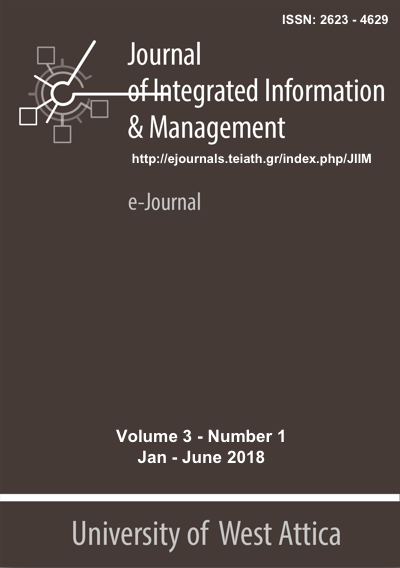Personal photograph collections ontology development through thematic tags

Abstract
Purpose - The number and the variety of photos have grown to a great extent as they can be created anytime, everywhere and spontaneously. Searching for a particular photo file has become a boring, repetitive and tedious activity. The application of an ontology to express the user profile characteristics relation with the narrative, spatial, time and other types of information of the collected photos becomes imperative.
Design/methodology/approach -The work presented in our article includes the development of a personal photograph collections ontology (MyOntoPhotos) specialising in documenting the metadata of the topics that end-users prefer mostly to capture with their devices. An extensive survey, among 650 participants, was conducted with the use of an online questionnaire comprised of semi-closed questions, following the Likert scale and the scale category grading.
Findings -The ontology created was based on the results of an extensive survey aiming to identify thematic areas of interest, apart from spatial and temporal information, as other similar efforts did in the past. It is mentionable that the survey results proved the majority of the responders selected 22 thematic tags.
Originality/value -Based on the research findings an innovative concept for a mobile application is presented, focusing on enhancing end-users photo collections organizing and retrieval functions.
Article Details
- How to Cite
-
Manoli, V., & Triantafyllou, I. (2024). Personal photograph collections ontology development through thematic tags. Journal of Integrated Information Management, 3(1), 30–37. Retrieved from https://ejournals.epublishing.ekt.gr/index.php/jiim/article/view/37830
- Section
- Research Articles

This work is licensed under a Creative Commons Attribution-NonCommercial 4.0 International License.
Copyright Notice
Authors who publish with JIIM agree to the following terms:
- Authors retain copyright and grant the journal right of first publication with the work simultaneously licensed under a Creative Commons Attribution Non-Commercial License that allows others to share the work with:
- An acknowledgment of the work's authorship and initial publication in this journal.
- Authors are permitted and encouraged to post their work online (preferably in institutional repositories or on their website) prior to and during the submission process, as it can lead to productive exchanges, as well as earlier and greater citation of published work.





